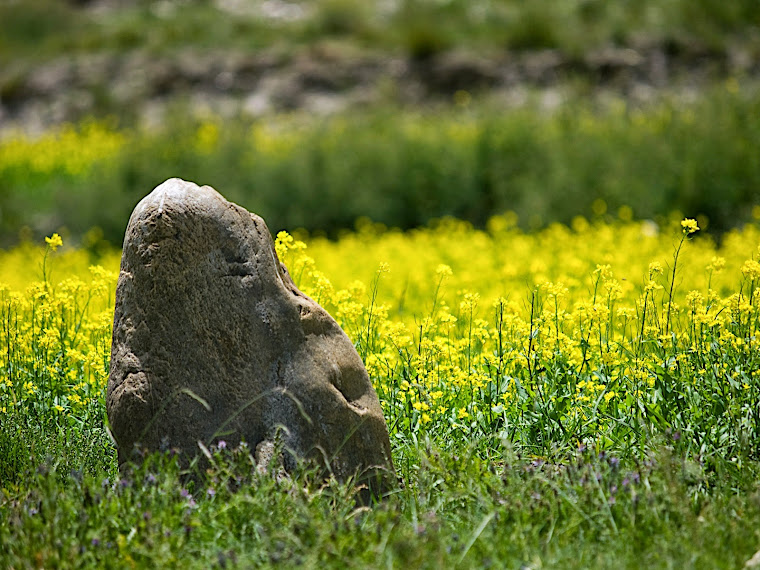Week
#
|
Date Week beginning
|
Topics/Learning Outcomes
|
Reading
material
|
Assessments/ Comments
|
1
|
Feb 1 Y2015
|
Definitions for critical thinking,
Definition of critical thinking
Intro to Discussion Boards
CLO 1- Demonstrate
knowledge of the basic principles of critical thinking
|
Critical Thinking Skills, pp. xii-xiii
|
|
2
|
Feb 8
|
Benefits of Critical Thinking
CLO 1- Demonstrate
knowledge of the basic principles of critical thinking
|
Critical Thinking Skills, Chapter 1,
pp. 4-9
|
|
3
|
Feb 15
|
Barriers to Critical Thinking
CLO 2- Identify the
things that stop us from thinking critically
|
Critical Thinking Skills, Chapter 1,
pp. 10-12
|
|
4
|
Feb 22
|
Critical Thinking as a Process
CLO 1- Demonstrate
knowledge of the basic principles of critical thinking
CLO 5- Identify the
basic elements and steps in reasoning
|
Critical Thinking Skills, Chapter 1,
pp. 2-3
|
|
5
|
Mar 1
|
Critical Thinking as a Process
CLO 1- Demonstrate
knowledge of the basic principles of critical thinking
CLO 5- Identify the
basic elements and steps in reasoning
|
Critical Thinking Skills, Chapter 1,
pp. 2-3
|
Give Feedback on
Discussion Board Postings using Discussion Board Rubric - 10%
|
6
|
Mar 8
|
Finding Flaws in Arguments
(1)False Premises
(2)Two wrongs don’t make a right
CLO 3- Recognize
argument structures and begin to evaluate and construct valid arguments.
CLO 4- Identify the
key mistakes that people can make in their thinking
|
Critical Thinking Skills, Chapter 6,
p. 91; p.120
|
|
7
|
Mar 15
|
Finding Flaws in Arguments
(3) Stereotyping
(4) Lack of consistency in an argument
(5) Poor referencing (for
project/paper)
CLO 3- Recognize
argument structures and begin to evaluate and construct valid arguments.
CLO 4- Identify the
key mistakes that people can make in their thinking
|
Critical Thinking Skills, Chapter 6,
p. 96; Chapter 5, p.65,67, Chapter 9, p. 162
|
Introduce
Assessment 1 & 2 20%
|
8
|
Mar 22
|
Finding Flaws in Arguments
(6)Incorrectly assuming a causal link
(7) False correlation
CLO 3- Recognize
argument structures and begin to evaluate and construct valid arguments.
CLO 4- Identify the
key mistakes that people can make in their thinking
|
Critical Thinking Skills, Chapter 6,
p. 106; Chapter 6, p.105
|
|
9
|
Mar 29
|
Finding Flaws in Arguments
(8)Meeting necessary conditions
(9)Meeting sufficient conditions
CLO 3- Recognize
argument structures and begin to evaluate and construct valid arguments.
CLO 4- Identify the
key mistakes that people can make in their thinking
|
Critical Thinking Skills, Chapter 6,
p. 109; Chapter 6, p.110
|
|
10
|
Mar 29
|
Holiday
|
|
|
11
|
Apr 5
|
Finding Flaws in Arguments
(10)False analogy
(11)Deflection
CLO 3- Recognize
argument structures and begin to evaluate and construct valid arguments.
CLO 4- Identify the
key mistakes that people can make in their thinking
|
Critical Thinking Skills, Chapter 6,
p. 112; Chapter 6, p.114
|
|
12
|
Apr 12
|
Finding Flaws in Arguments
(12) Unwarranted leaps
(13) Emotive language
CLO 3- Recognize
argument structures and begin to evaluate and construct valid arguments.
CLO 4- Identify the
key mistakes that people can make in their thinking
|
Critical Thinking Skills, Chapter 6,
p. 116; Chapter 6, p.117
|
|
13
|
Apr 19
|
Critical Thinking Fallacies
(14)Attacking the person
(15)Misrepresentation
CLO 3- Recognize
argument structures and begin to evaluate and construct valid arguments.
CLO 4- Identify the
key mistakes that people can make in their thinking
|
Critical Thinking Skills, Chapter 6,
p. 117; Chapter 6, p.119
|
|
14
|
Apr 26
|
CLO 6- Apply the
concepts studied during the course
|
|
Assessment 2 & 3
Paper
and Presentation (20%)
|
15
|
May 3
|
CLO 6- Apply the
concepts studied during the course
|
|
Assessment 2 & 3
Paper and Presentation (20%)
|
16
|
May 10
|
CLO 1- Demonstrate
knowledge of the basic principles of critical thinking
|
|
Assessment
3
Critical
Thinking Discussion Board - 20%
|
17
|
May 17
|
CLO 1- Demonstrate
knowledge of the basic principles of critical thinking
|
|
Final
Exam, Definition of CT, Benefits of CT, Barriers to CT, Logical Fallacies - 30%
|
18
|
May 24
|
|
|
Final Assessment Period
|
19
|
May 31
|
Exam Week
|
|
Final Assessment Period
|
